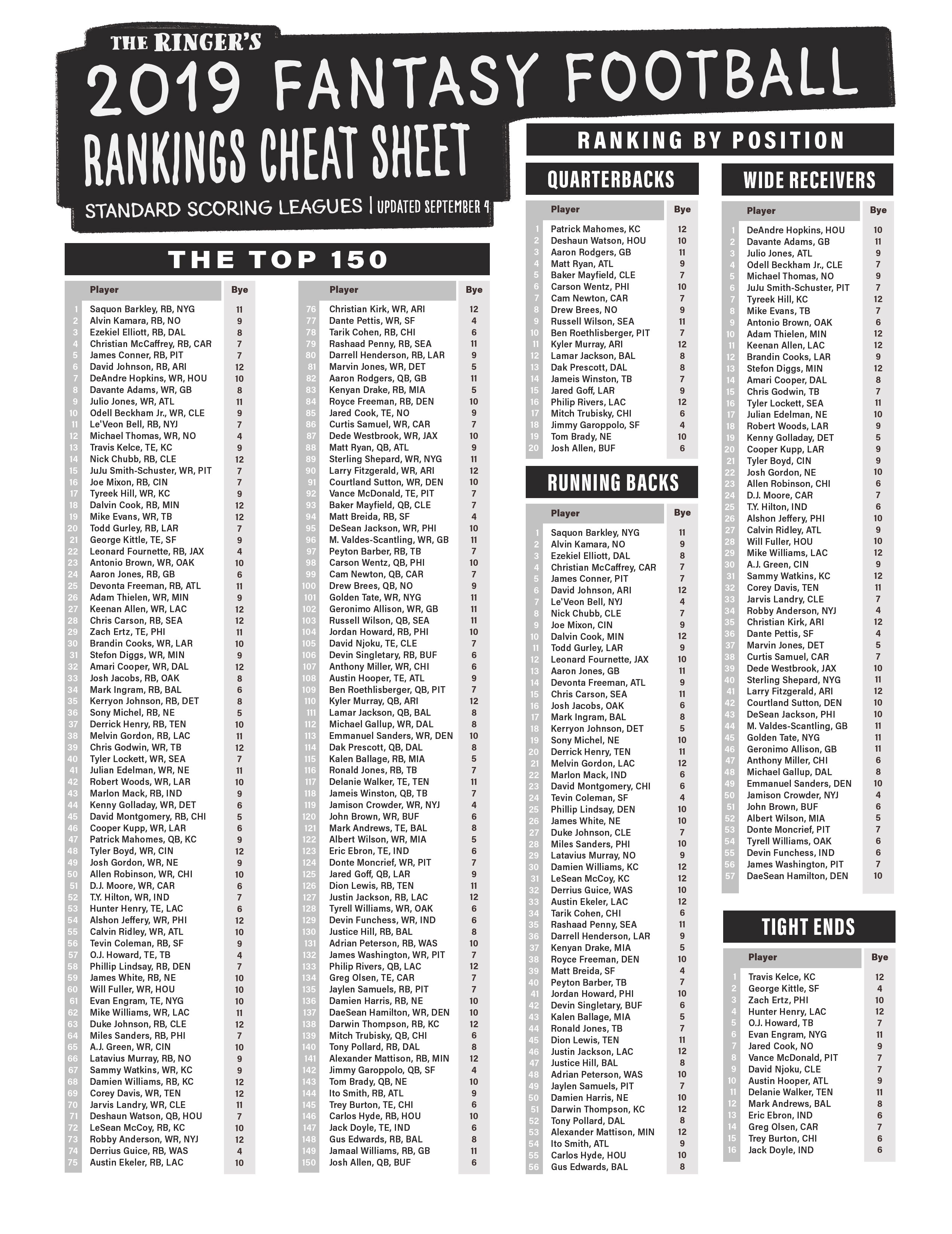Conquer Your Fantasy Baseball Draft: Tiered Rankings Explained
Ready to transform your fantasy baseball draft strategy? Forget sifting through endless lists of players. Tiered fantasy baseball rankings are the secret weapon you need to build a winning team. This approach goes beyond simple numerical rankings, grouping players with similar projected values into tiers. This allows for more strategic drafting and helps you identify the best value picks at every turn.
Fantasy baseball rankings, by tiers or otherwise, are essential for draft preparation. They represent the collective wisdom of experts, projecting player performance based on various factors, including past performance, projected playing time, and team context. But flat rankings can be misleading. Two players ranked next to each other may have vastly different upside or downside, which is where tiered rankings shine.
The history of fantasy baseball rankings parallels the growth of the game itself. Early rankings were simple lists based primarily on past statistics. As the hobby evolved, so did the rankings, incorporating more sophisticated projections and analysis. The development of tiered rankings marks a significant step forward, acknowledging the inherent uncertainty in predicting baseball performance and providing a more nuanced approach to draft preparation.
One of the key challenges with any ranking system is accounting for the unpredictable nature of baseball. Injuries, slumps, and breakout seasons can all throw a wrench into even the most carefully crafted projections. Tiered rankings address this by grouping players with similar expected value, allowing you to pivot your strategy based on draft flow and capitalize on opportunities as they arise.
A tiered ranking system divides players into groups, or tiers, based on projected performance. For example, a tier might contain several starting pitchers projected to win 12-15 games with a sub-4.00 ERA. Within a tier, players are generally considered to have similar value, so you can focus on selecting the player whose skillset best complements your team's needs.
There are numerous benefits to employing a tiered approach. First, it simplifies the draft process. Instead of comparing hundreds of players individually, you're comparing smaller groups. Second, it highlights value picks. If a player falls below his projected tier in the draft, he represents excellent value. Finally, tiered rankings encourage flexibility. They allow you to adapt your strategy on the fly, making the most of unexpected developments during the draft.
To effectively use tiered rankings, start by familiarizing yourself with several reputable sources. Compare their tiers and note any significant discrepancies. Next, identify your draft strategy. Are you targeting power hitters early? Focusing on pitching depth? Your strategy will inform how you prioritize different tiers. Finally, be prepared to deviate from your plan. Draft day is dynamic, and the ability to adjust to unexpected developments is crucial.
Checklist for Using Tiered Rankings:
Consult multiple reputable sources
Identify your draft strategy
Compare and contrast different tier structures
Be flexible and adapt to the draft flow
Advantages and Disadvantages of Tiered Rankings
| Advantages | Disadvantages |
|---|---|
| Simplifies draft preparation | Requires more upfront research |
| Highlights value picks | Can be subjective and vary between sources |
| Promotes flexibility | Doesn't account for all possible scenarios |
Best Practices:
1. Don't blindly follow one source. Compare multiple tiered rankings to get a well-rounded perspective.
2. Consider positional scarcity. Adjust tier values based on the relative depth of each position.
3. Factor in your league's scoring settings. A player's value can change dramatically depending on your league's specific rules.
4. Pay attention to news and updates. Injuries, trades, and other developments can impact player values, so stay informed.
5. Be prepared to deviate from your plan. Flexibility is key to successful drafting.
FAQs
Q: What are tiered fantasy baseball rankings? A: They group players with similar values into tiers, simplifying draft strategy.
Q: Where can I find tiered rankings? A: Many fantasy sports websites and publications offer tiered rankings.
Q: How do I use tiered rankings? A: Use them to identify value picks and adapt your draft strategy.
Q: Are tiered rankings better than traditional rankings? A: They offer a more nuanced and strategic approach.
Q: How often should I update my tiers? A: Regularly, especially leading up to and during the draft.
Q: Do tiers account for injuries? A: They should reflect the latest injury news, but unexpected injuries can still occur.
Q: Can I create my own tiers? A: Yes, but it requires significant research and analysis.
Q: How do I adjust tiers for my league's settings? A: Consider how your league's scoring system impacts player values.
Tips and Tricks:
Focus on value within tiers, not just overall ranking.
Target players with upside potential, especially in later rounds.
Don't be afraid to reach for a player you believe in if he falls below his projected tier.
Tiered fantasy baseball rankings provide a powerful framework for draft preparation. They simplify the decision-making process, highlight value picks, and encourage flexibility. By understanding how to effectively leverage tiered rankings, you gain a significant edge in your quest for a championship. Embrace this strategy, prepare diligently, and watch your team dominate the competition. Don't settle for mediocre results – use tiered rankings to build a team that contends for the title. Invest the time to understand and apply these principles, and you'll be well on your way to a more rewarding and successful fantasy baseball season. This method allows you to focus on strategy and adapt to the ever-changing landscape of a fantasy draft. So, ditch the linear rankings and embrace the power of tiers to draft a winning team.
Exploring the phenomenon of freddy x bonnie x foxy fanfiction on wattpad
The enduring allure of the traditional japanese dragon tattoo
Navigating the medicare maze is humana medicare advantage a good choice




:no_upscale()/cdn.vox-cdn.com/uploads/chorus_asset/file/23973231/2022_Fantasy_Football_Rankings_Cheatsheet__2_.png?resize=650,400)


